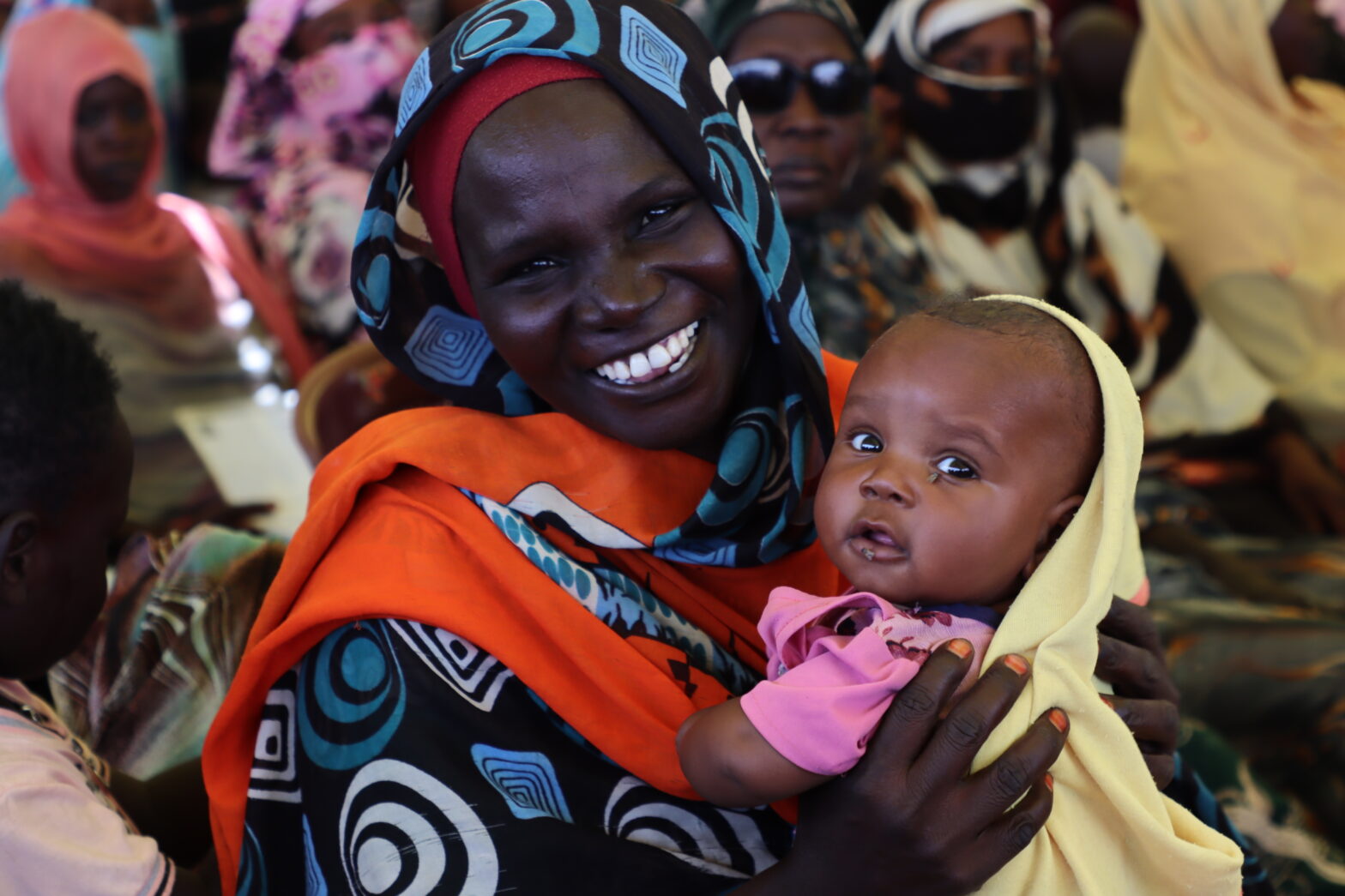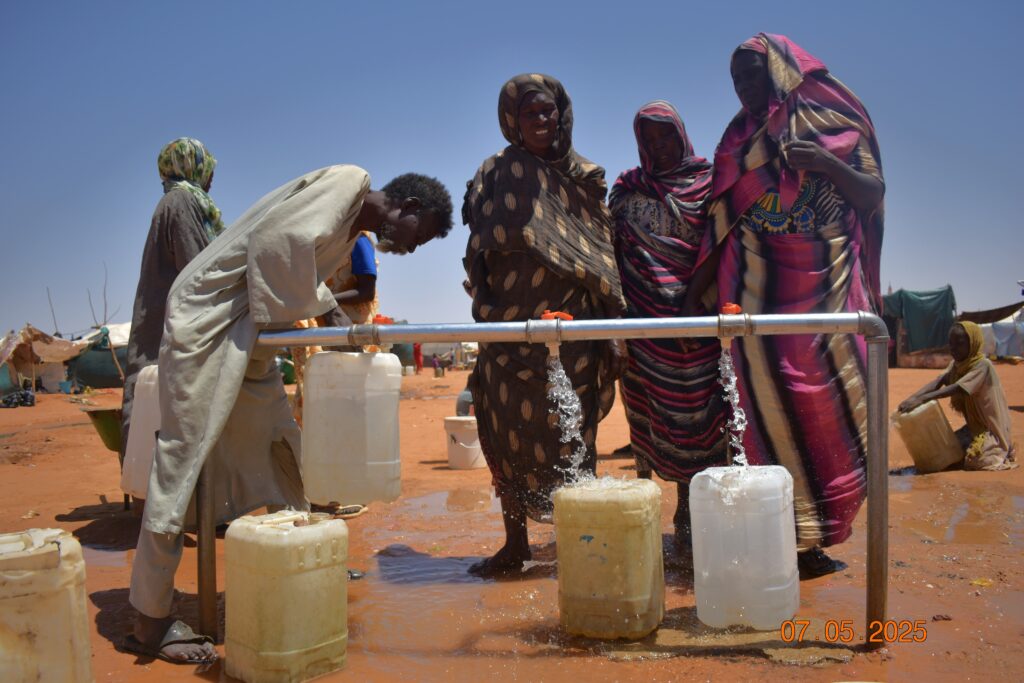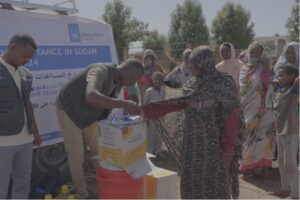
The first time I met the young Sudanese woman she was kneeling in the dust outside her makeshift shelter in an IDP camp, her three-year-old daughter limp in her arms. The child’s breathing was shallow, her tiny ribcage pressing against skin stretched taut like parchment. Around them, the camp vibrated with the quiet despair of thousands who had fled here, not for safety, but because there was simply nowhere else to go.
“At home, we ate a half meal in a day,” she told me. “Now, no food at home”
I have worked in humanitarian crises, but what is happening in Sudan today is different. This is not just a food crisis, it is the systematic unravelling of an entire nation. As we mark World Hunger Day, over 25 million Sudanese, half the country, now face acute food insecurity. Of these, 8.5 million stand at the brink of famine. These aren’t abstract numbers.
The anatomy of a man-made crisis
Sudan’s descent into hunger is no accident of nature. It is the direct consequence of more than two years of brutal war, compounded by international indifference. In many cities, where vibrant markets once bustled with traders, food warehouses now stand bombed-out, looted, and empty. In Al Jazirah, Sudan’s former breadbasket, the armed groups burned their fields and stole their harvests at gunpoint.
The war has shattered every system that might have mitigated this crisis. Inflation has soared beyond 350%, rendering a family’s life savings worthless against the price of a single meal. Banks are non-functional in many areas in the country. Hospitals have run out of medicines and supplies.

The children we are losing
One of the most devastating realities we are observing now, hunger is quietly taking its toll, and time is running out. The conflict continues and children are the most vulnerable and victims. 16 million children across Sudan are in urgent need of humanitarian aid, among them, 3.9 million is suffering from acute malnutrition, and they are struggling for survival. If there is no urgent action, countless children in Sudan will remain at serious risk before the year’s end.
The silence of the international community
What shocks me most is not the scale of suffering, but the world’s muted response.
While other crises dominate headlines, Sudan’s agony unfolds in the shadows. The UN’s $4.2 billion humanitarian appeal for Sudan remains less than 20% funded. While the need is very high and people are suffering from hunger, the international community is silent on raising funds for Sudan.
The truth is uncomfortable but clear: Sudan’s suffering is being measured against other crises and found wanting. Twenty-four aid workers have been killed here since the war began, more than in any other active conflict this year. Yet there are no emergency summits, no urgent UN resolutions. Just silence.
What must be done
First, we need humanitarian access. The UN Security Council must move beyond statements and enforce the unimpeded delivery of aid. Starvation cannot be permitted as a weapon of war.
Second, the funding gap must be closed, not next year, not next month, but now. The math is stark: $1.5 billion could feed six million Sudanese for six months. To put that in perspective, it’s less than the global cosmetics industry earns in 36 hours.
Finally, we must plan for the day after. Even if peace came tomorrow, Sudan’s farms are ruined, its economy shattered. Recovery will require seeds, tools, and years of sustained investment. But first, we must ensure there are people left to recover.

A final question
On World Hunger Day, we are reminded that hunger in Sudan is not due to a natural disaster; it is due to the current conflict. The question is not whether we can stop Sudan’s starvation, but whether we will choose to.
The world knows what is happening here. The only thing left to determine is whether it cares.
Islamic Relief has been working in Sudan since 1984, providing emergency relief, healthcare, food and shelter to vulnerable communities. Despite the dangers, our teams remain committed to serving those in need.
Please support our life-saving work by donating to our International Emergency today.



